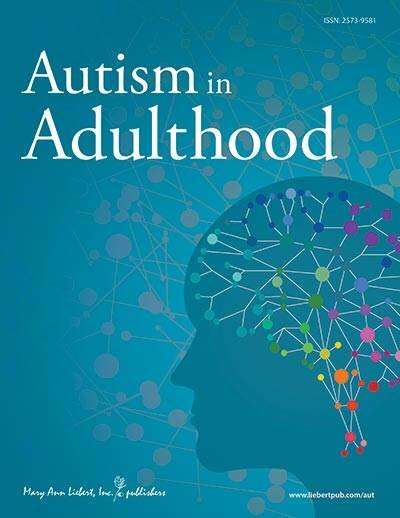Avoiding ableist language in autism research

Ableist language is often used by autism researchers, which assumes that autistic people are "broken" or inferior to non-autistic people. Strategies for avoiding ableist language are provided in Autism and Adulthood.
"We provide practical guidance to help researchers make language choices that reduce stigmatization, misunderstanding, and exclusion of autistic people," state Kristen Bottema-Beutel, Ph.D., Boston College, and coauthors.
The authors assert that avoiding ableist language will result in better outcomes for the autistic community and improved communication in research.
"I am amazed at how often researchers inadvertently use ableist, dehumanizing language when speaking about autism. This thoughtful article challenges researchers to re-evaluate the language they use to talk about autism and gives them tools to do better. I expect it will set the standard for how autism, and autistic people, are discussed in the literature," says Editor-in-Chief of Autism in Adulthood, Christina Nicolaidis, MD, MPH, Portland State University and Oregon Health & Science University.
More information: Kristen Bottema-Beutel et al. Avoiding Ableist Language: Suggestions for Autism Researchers, Autism in Adulthood (2020). DOI: 10.1089/aut.2020.0014





















